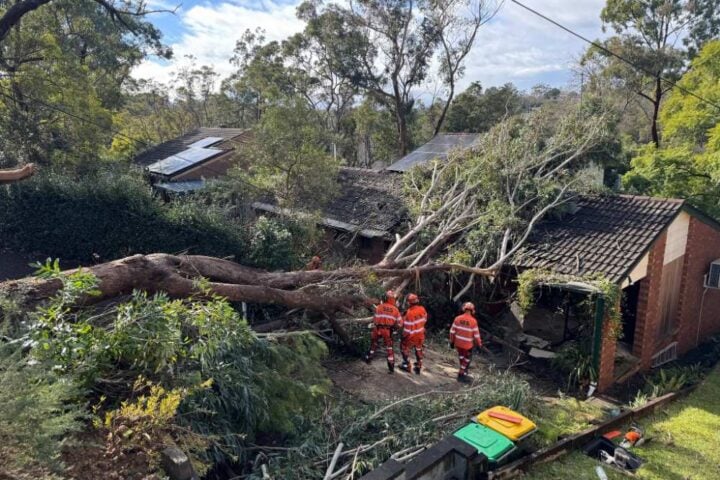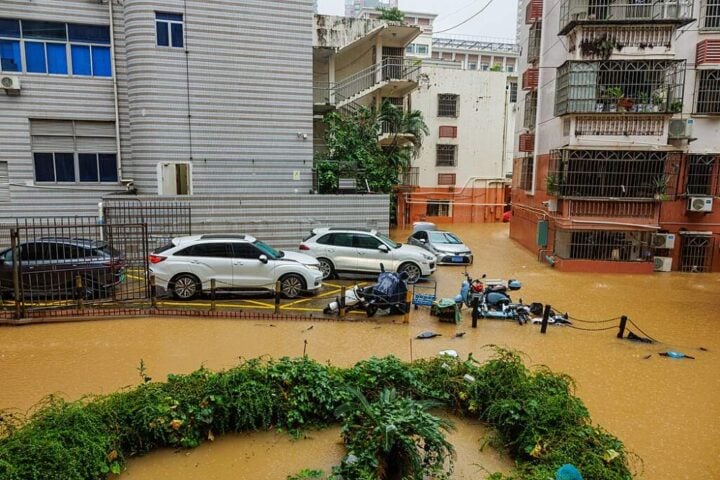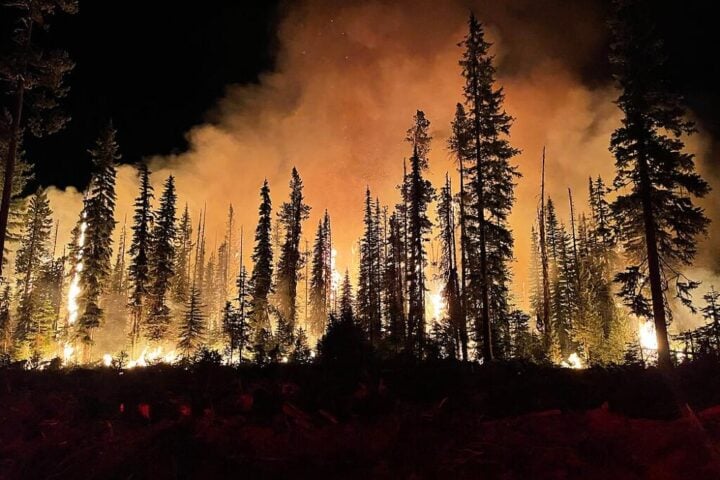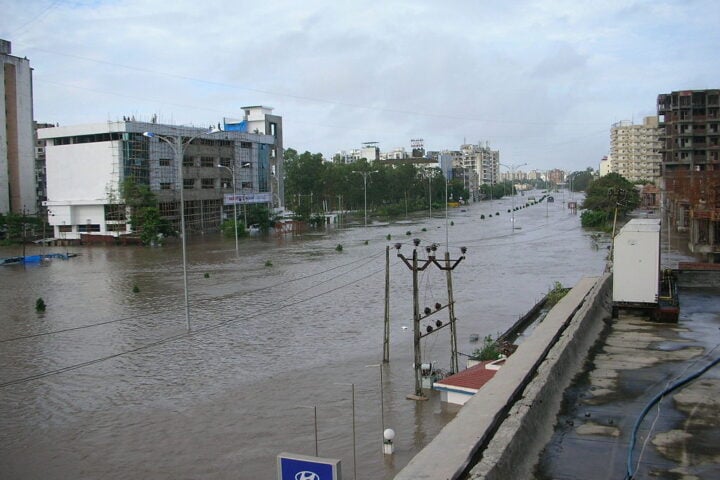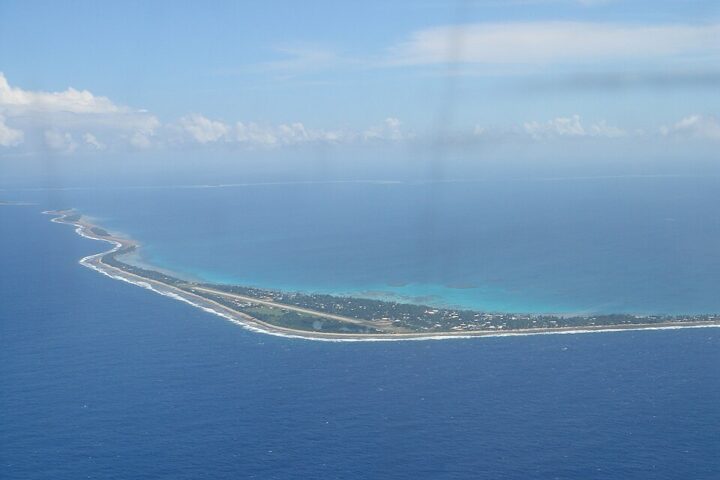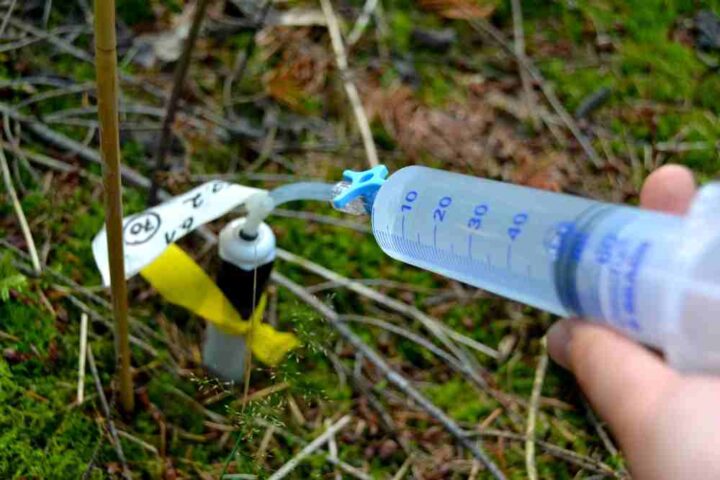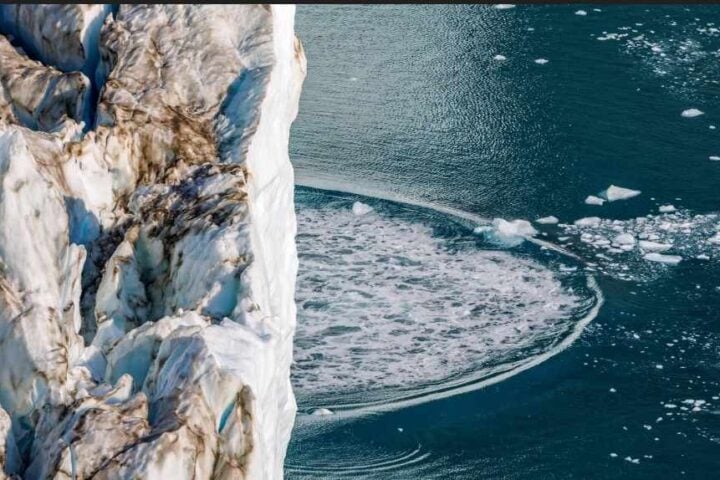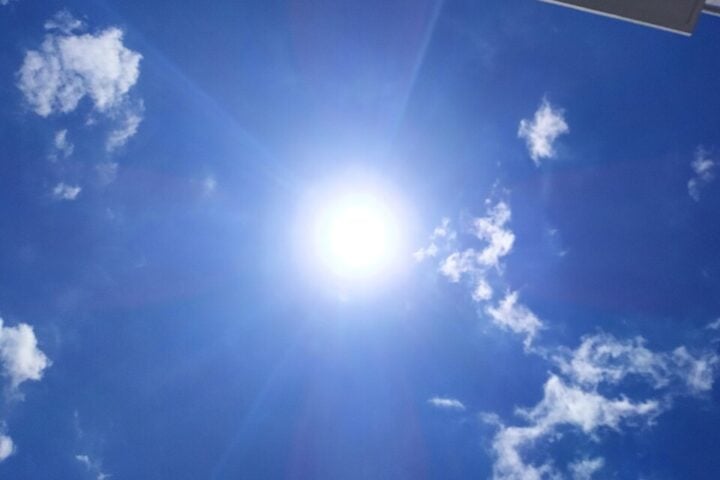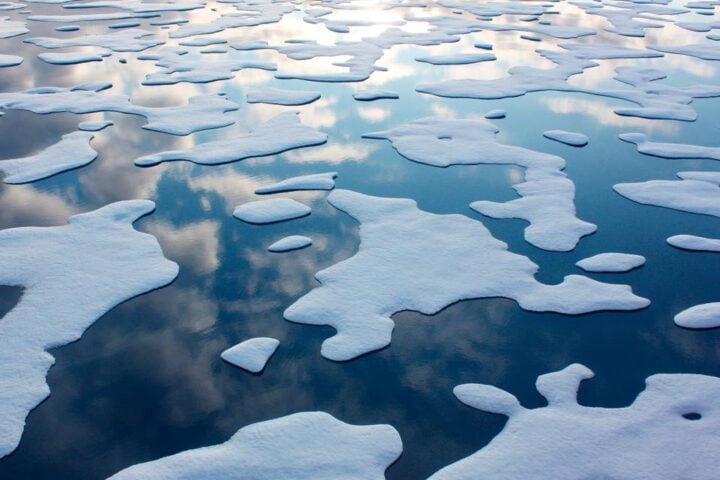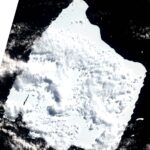A frigid, dark subglacial lake filled with tales yet to be discovered lies deep beneath the West Antarctic Ice Sheet. Owing to their inaccessibility, these mysterious lakes have remained unexplored. Now scientists have made a groundbreaking discovery in one such lake, known as Mercer Lake.
The chemical fingerprints of the water, microbes, and sediments found in Mercer Lake were studied by them. Surprising insights into the geological history of the region have been revealed by this discovery. The research provides a brand-new understanding of the carbon cycle in extreme ecosystems.
The study describes how the microbes in Mercer Lake obtain and utilize carbon in a hostile environment. How these hardy microbes survive in such extreme conditions is described in this first-ever study. Previous assumptions about the stability of the ice covering Mercer Lake are challenged by the findings.
The ocean was connected to the ice covering Mercer Lake around 6,000 years ago. During that time period, the West Antarctic Ice Sheet was smaller. The retreat of the West Antarctic Ice Sheet was greater than previously believed. The occurrence of the retreat was about 155 miles (250 kilometers) from its current position.
The dynamic nature of the ice sheet is revealed by the sediment, microbes, and carbon cycle data. A clean-access, custom hot water drill to retrieve samples from Mercer Lake was used by the researchers. The longest ever sediment core retrieved from a subglacial lake is this one.
Valuable insights into the geological history of the region are provided by the core. Validating ice sheet models and improving predictions of future scenarios are the results of the work. Using legacy carbon from 6,000 years ago, the bacteria in Mercer Lake can survive.
Similar Post
The primary source of energy for life in Mercer Lake is not sunlight. The chemical energy from physical processes associated with the ice sheet is utilized by the microbes. The energy for the microbes is provided by the particles ground into the rock beneath the ice sheet.
A vast pool of carbon is contained by the sediment at the bottom of Mercer Lake. The microbial communities efficiently utilize the carbon pool in the sediment. With water and sediment transport between them, subglacial lakes are connected systems.
The global sea-level rise is linked with the fate of the Antarctic Ice Sheet. Owing to underlying warm ocean currents, the West Antarctic Ice Sheet is vulnerable to climate change. Ice loss is caused by melting of the ice sheet from below and surface melting.
A significant rise in sea level could be caused by the potential collapse of the West Antarctic Ice Sheet. For preserving the West Antarctic Ice Sheet and mitigating its potential collapse, addressing climate change and reducing greenhouse emissions are crucial.




